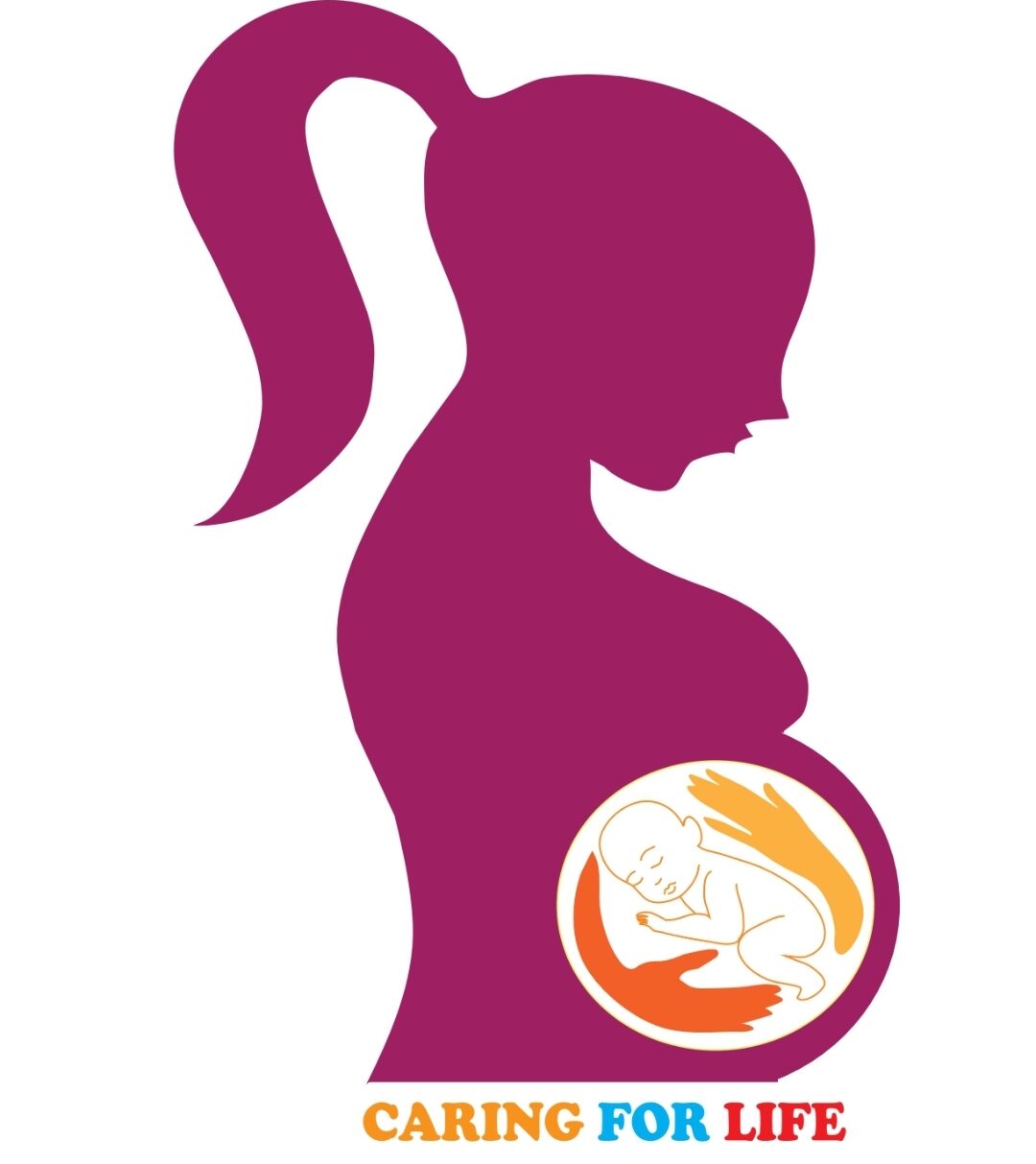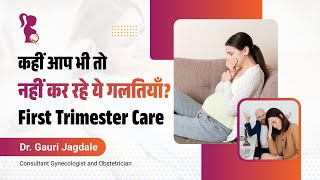
When it comes to women’s health, terms like PCOD and PCOS often pop up, leaving many feeling confused. Although they sound similar, they refer to different conditions that can affect a woman’s reproductive health. Let’s break down what these terms mean, how they’re different, and what you can do if you’re dealing with either one.
What is PCOD?
Polycystic Ovarian Disease (PCOD) happens when a woman’s ovaries release a lot of immature or partially mature eggs, which then turn into cysts over time. This causes the ovaries to swell and produce more male hormones (androgens) than usual, leading to various symptoms.
Key Facts About PCOD:
– How Common Is It? PCOD is quite common, affecting about 10% of women.
– What Causes It? The main problem in PCOD is hormonal imbalance, which can cause irregular periods.
– Symptoms: You might notice irregular periods, weight gain, acne, or extra hair growth.
– Fertility: Women with PCOD can usually get pregnant with little to no medical help because they still ovulate, though less regularly.
– Treatment: PCOD can often be managed with a healthy diet, regular exercise, and sometimes medication to help regulate periods or treat symptoms.
What is PCOS?
Polycystic Ovary Syndrome (PCOS) is a more serious condition where the ovaries produce too many androgens, leading to the formation of multiple small cysts. PCOS is not just about the ovaries—it’s a metabolic disorder that can affect your overall health.
Key Facts About PCOS:
– How Common Is It? PCOS affects about 6-10% of women of childbearing age.
– What Causes It? PCOS is driven by a more severe hormonal imbalance, particularly high levels of androgens.
– Symptoms: Common symptoms include severe acne, unwanted hair growth, obesity, and difficulty getting pregnant. PCOS is also linked to insulin resistance, which can lead to type 2 diabetes.
– Fertility: Getting pregnant can be more challenging for women with PCOS, often requiring medical treatments like ovulation induction or fertility treatments.
– Treatment: Managing PCOS often involves lifestyle changes, medications to balance hormones, and treatments to manage insulin resistance.
PCOD vs. PCOS: What’s the Difference?
While PCOD and PCOS are related, they are not the same. Here’s how they differ:
1. Severity: PCOS is generally more severe than PCOD, with greater effects on overall health and fertility.
2. Hormonal Impact: PCOS involves higher levels of male hormones and insulin resistance, while PCOD is more about an imbalance of hormones.
3. Fertility: Women with PCOD usually have fewer fertility problems compared to those with PCOS, who may need more medical assistance to conceive.
4. Metabolic Concerns: PCOS is associated with a higher risk of diabetes and heart disease, which is less common in PCOD.
How to Manage PCOD and PCOS
Lifestyle Changes:
– Eat Well: A balanced diet full of fruits, vegetables, whole grains, and lean proteins can help manage symptoms. Cutting back on processed foods and sugars is also beneficial.
– Stay Active: Regular exercise helps regulate your menstrual cycle, reduce insulin resistance, and maintain a healthy weight.
Medications:
– For PCOD: Birth control pills are often prescribed to regulate periods and manage symptoms like acne or excessive hair growth. Sometimes, medications to help you ovulate are also used.
– For PCOS: Besides birth control, you might be prescribed anti-androgen drugs or insulin-sensitizing medications like metformin. If you’re trying to get pregnant, fertility treatments might be necessary.
Emotional Wellbeing:
– Dealing with PCOD or PCOS can be tough on your mental health. If you’re feeling overwhelmed, consider talking to a healthcare provider or counselor for support.
Final Thoughts
PCOD and PCOS are common conditions that many women face, but with the right care, they can be managed effectively. Understanding the difference between PCOD and PCOS is crucial for getting the right diagnosis and treatment. If you think you might have one of these conditions, it’s important to see a healthcare provider to discuss your symptoms and explore your options.
Need Personalized Advice?
If you’re concerned about PCOD or PCOS, Dr. Gauri Jagdale is here to help. Get expert advice and treatment tailored to your needs.
Contact Us:
📞 09423309531 | 📍 Keshav Nagar, Hadapsar




